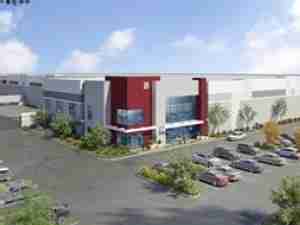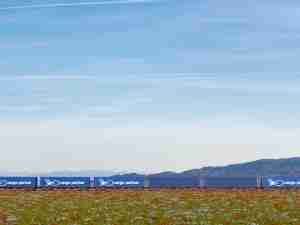After 9/11 manufacturers, importers, exporters, brokers, freight forwarders, carriers, ocean ports, airports and customs administrations throughout the World rallied together in Customs-to-Business partnerships to form the Authorized Economic Operators (AEO) certification. The Authorized Economic Operator (AEO) certificate is an internationally recognized quality mark indicating your role in international supply chain security, and that your customs controls and procedures are efficient and compliant. As an accredited Authorized Economic Operator, Customs in various countries entrust the AEO operator with making inspections of goods imported or exported. The AEO program benefits the mover of the goods as goods are available more quickly, which means lower transport costs and faster goods to market. Customs benefits as they can better targeted cargo of unknown and potentially unsafe shippers.
In November 2001 United States launched the Customs-Trade Partnership Against Terrorism (C-TPAT) program. C-TPAT is a voluntary government-business initiative to build cooperative relationships that strengthen and improve overall international supply chain and U.S. border security. U.S. Customs and Border Protection (CBP) encourage all global companies to take an active role in promoting supply chain and border security. C-TPAT is not just a big-company program. Medium and small companies may want to evaluate the requirements and benefits of C-TPAT carefully in deciding whether to apply for the program.
Companies around the World are encouraged to join C-TPAT. C-TPAT offers trade-related businesses an opportunity to play an active role in the war against terrorism. By participating in C-TPAT worldwide supply chain security initiative, companies will ensure a more secure and expeditious supply chain for their employees, suppliers and customers.
Partners in Protection (PIP) is Canada's Border Services Agency (CBSA) program equivalent to C-TPAT. PIP enlists the cooperation of private industry to enhance border and trade chain security, combat organized crime and terrorism and help detect and prevent contraband smuggling. Partners in Protection (PIP) was developed in 1995 with a primary focus on promoting business awareness and compliance with customs regulations.
After the events of 9/11, the PIP program's focus shifted to place a greater emphasis on trade chain security, which included urging members to improve their physical, infrastructure and procedural security. A security questionnaire was developed with suggested security recommendations.
'PIP importance increased in 2002 when a PIP membership became a prerequisite to participate in the Free and Secure Trade (FAST) program', states Dawn Truell, President 'Cross Border Services.org. FAST provides expedited border clearances into Canada for pre-approved importers, carriers and drivers.
AEO, C-TPAT, PIP, and FAST programs require an accreditation and validation process, documentation and assessment inspections. Cross Border Services.org is your link between Canada Border Services Agency, U.S. Customs & Border Protection, Customs Administrations and International Trade Organizations.
Cross Border Services.org handles all required documentation necessary for AEO, C-TPAT, PIP, and FAST programs as well as preparing for and attending all validation inspections by Department of Homeland Security U.S. Customs and Border Protection, and Border Services Agency. Cross Border Services.org provides ongoing support and compliance assessments for AEO, C-TPAT, PIP, and FAST Certification programs.










